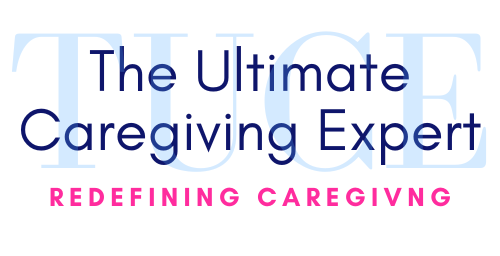Caring with Calm: 8 Meditation Practices for Family Caregivers

Caring for a loved one can be both rewarding and challenging. As family caregivers, it’s crucial to prioritize self-care to maintain physical and emotional well-being. During hectic schedules and responsibilities, finding moments of peace and tranquility can seem elusive. However, incorporating meditation and mindfulness practices into your daily routine can provide essential tools for managing stress and fostering a sense of presence. Here are eight meditation and mindfulness techniques tailored specifically for family caregivers, designed to help you find moments of calm amidst the chaos.
Mindful Breathing
Mindful breathing is a powerful technique that can help family caregivers find calm and center themselves amidst the demands of their role. Here’s a more in-depth exploration of how to practice mindful breathing:Find a Quiet Space:
Close Your Eyes:
Direct Your Attention to Your Breath:
Be Present:
Cultivate Relaxation:
Acknowledge Distractions Without Judgment:
Practice Patience and Persistence:
Body Scan Meditation
Body scan meditation is a valuable practice for family caregivers seeking to alleviate stress and foster a deeper connection with their bodies. Here’s a detailed guide on how to engage in body scan meditation:Settle into a Comfortable Position:
Close Your Eyes:
Start from Your Toes:
Move Gradually Upwards:
Release Tension:
Cultivate Awareness:
Embrace Relaxation:
Loving-Kindness Meditation
Loving-kindness meditation, also known as metta meditation, is a powerful practice for cultivating compassion and resilience in family caregivers. Here’s a step-by-step guide to engage in loving-kindness meditation:Find a Comfortable Seated Position:
Settle into Presence:
Direct Loving-Kindness Towards Yourself:
Extend Loving-Kindness to Others:
Embrace All Beings:
Cultivate Feelings of Compassion:
Embrace the Power of Connection:
Walking Meditation
Walking meditation offers family caregivers a refreshing way to reconnect with the present moment and cultivate mindfulness amidst their caregiving responsibilities. Here’s how to practice walking meditation effectively:Set Aside Time:
Choose a Quiet Location:
Begin with Intention:
Focus on Sensations:
Let Go of Distractions:
Embrace the Present Moment:
Cultivate Gratitude:
Conclude with Reflection:
Gratitude Practice
Practicing gratitude is a simple yet powerful way for family caregivers to cultivate resilience and find moments of joy amidst the challenges of caregiving. Here’s how to incorporate a gratitude practice into your daily routine:Set Aside Dedicated Time:
Create a Gratitude Journal:
Reflect on Caregiving:
Acknowledge Life’s Blessings:
Embrace the Power of Perspective:
Practice Mindful Reflection:
Cultivate Consistency:
Share Your Gratitude:
Mindful Eating
Mindful eating offers family caregivers a nourishing way to reconnect with their bodies and cultivate a healthier relationship with food amidst the demands of caregiving. Here’s how to practice mindful eating effectively:Create a Peaceful Environment:
Engage Your Senses:
Cultivate Awareness:
Chew Mindfully:
Focus on the Act of Eating:
Listen to Your Body:
Reflect on Your Experience:
Progressive Muscle Relaxation
Progressive muscle relaxation is a simple yet effective technique for relieving physical tension and promoting deep relaxation. Here’s a brief overview of how to practice it:Find a Comfortable Position:
Begin with Your Toes:
Move Upward:
Tense and Release:
Breathe Deeply:
Stay Mindful:
Practice Regularly:
Mindful Journaling
Mindful journaling provides family caregivers with a valuable outlet for self-reflection and emotional processing. Here’s a concise guide to incorporating mindful journaling into your daily routine:Dedicate Time:
Reflect on Experiences:
Express Yourself Freely:
Focus on the Present Moment:
Process Emotions:
Gain Clarity:
Practice Regularly:

2 thoughts on “Caring with Calm: 8 Meditation Practices for Family Caregivers”